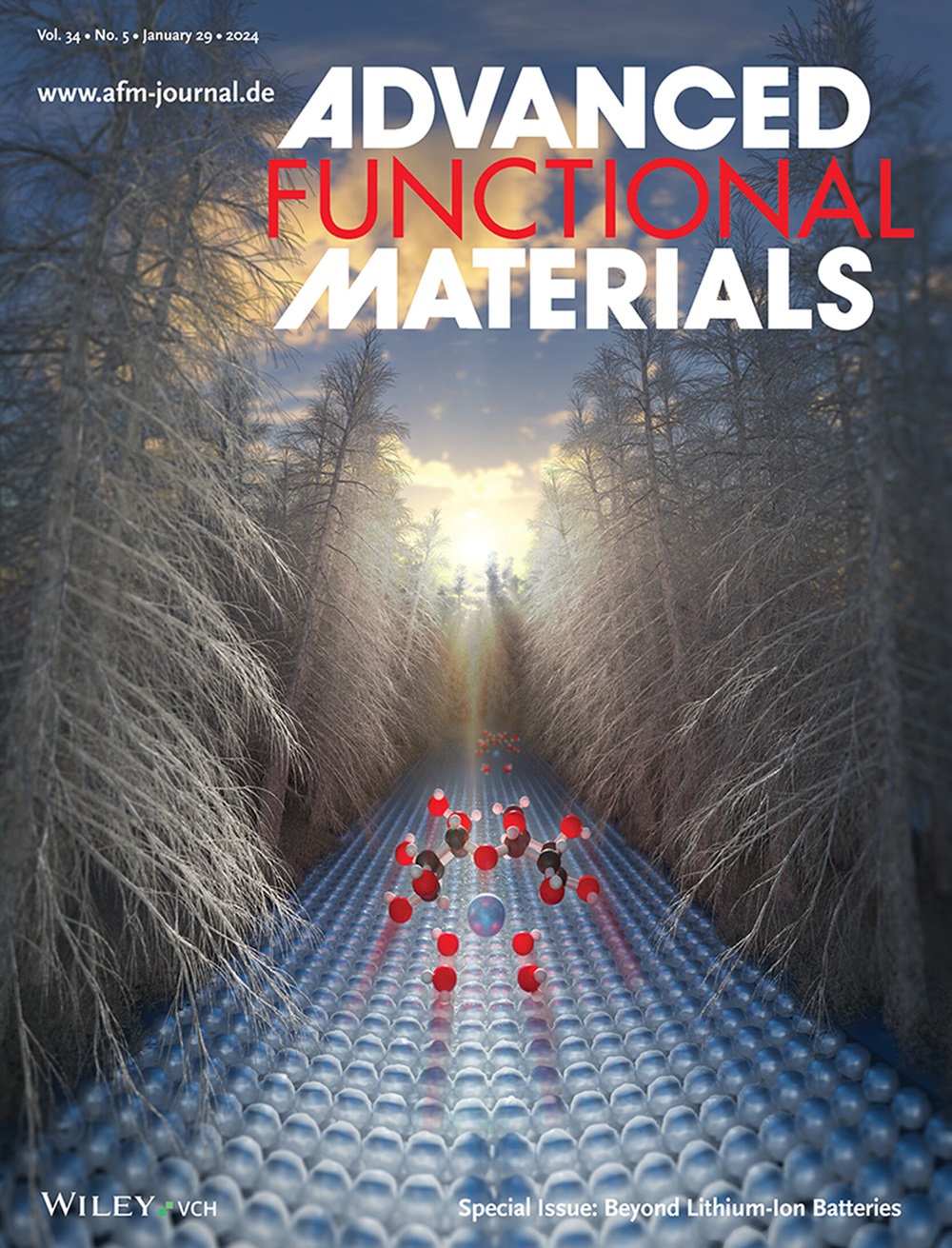用 Co 纳米粒子装饰的碳化木催化剂的快速合成与循环利用,实现罗丹明 B 的高效降解
IF 18.5
1区 材料科学
Q1 CHEMISTRY, MULTIDISCIPLINARY
引用次数: 0
摘要
本文章由计算机程序翻译,如有差异,请以英文原文为准。

Rapid Synthesis and Recycling of Carbonized Wood Catalyst Decorated with Co Nanoparticles for High-Efficiency Degradation of Rhodamine B
Developing catalysts for purifying organic pollutants in wastewater is significant for environmental remediation. Herein, a high-temperature (1000 K) thermal shock (HTS) method is employed to rapidly synthesize a self-supporting catalyst consisting of cobalt (Co) nanoparticles (NPs) and carbonized wood (CW) within 2 s. Thanks to the porous structure of wood and uniformly distributed Co NPs, the wood catalyst exhibits excellent catalytic activity, achieving over 99% removal of 25 mg L−1 Rhodamine B (RhB) within 10 min using the activated peroxymonosulfate advanced oxidation processes, while the leaching rate of Co ions is less than 1 mg L−1. As a proof of concept, a continuous filter is constructed based on the CW catalysts for efficient RhB degradation in flowing water. With a flow rate of 20 mL min−1, it maintains the removal of over 90% of RhB from wastewater for a duration of 2 h. Benefiting from the rapid synthesis of HTS method, a “deactivation-regeneration” strategy is proposed that extends the recycling cycles of wood catalysts to 20 times, surpassing most reported Co-based catalysts. Derived from renewable wood materials, this catalyst offers advantages of high efficiency, low cost, simple synthesis, and durability, showing great potential for application in various fields including water treatment, electrocatalytic conversion, and energy storage.
求助全文
通过发布文献求助,成功后即可免费获取论文全文。
去求助
来源期刊

Advanced Functional Materials
工程技术-材料科学:综合
CiteScore
29.50
自引率
4.20%
发文量
2086
审稿时长
2.1 months
期刊介绍:
Firmly established as a top-tier materials science journal, Advanced Functional Materials reports breakthrough research in all aspects of materials science, including nanotechnology, chemistry, physics, and biology every week.
Advanced Functional Materials is known for its rapid and fair peer review, quality content, and high impact, making it the first choice of the international materials science community.
 求助内容:
求助内容: 应助结果提醒方式:
应助结果提醒方式:


